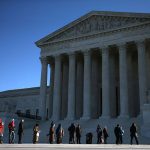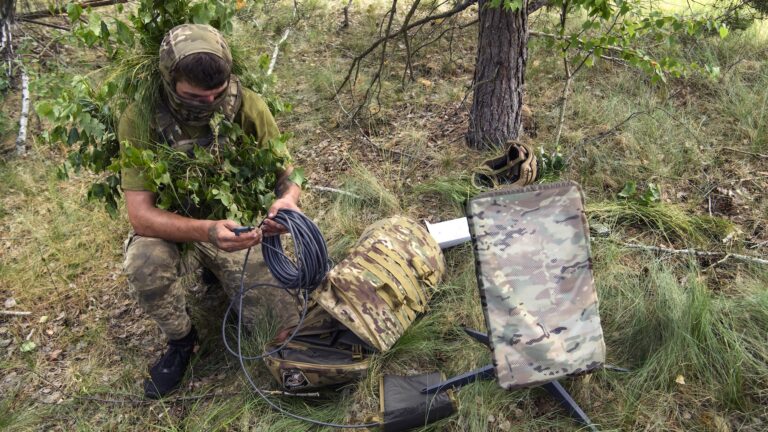The US Supreme Court ruled (PDF) today on how to interpret the patent venue laws, and the controversial business of "patent trolling" may never be the same.
In a unanimous decision, the justices held that the US Court of Appeals for the Federal Circuit, which handles all patent appeals, has been using the wrong standard to decide where a patent lawsuit can be brought. Today's Supreme Court ruling in TC Heartland v. Kraft Foods enforces a more strict standard for where cases can be filed. It overturns a looser rule that the Federal Circuit has used since 1990.
The ruling may well signal the demise of the Eastern District of Texas as a favorite venue for patent lawsuits, especially those brought by "patent trolls," which have no business outside of licensing and litigating patents.
The TC Heartland case will affect the entire tech sector, but the parties here are battling over patents on "liquid water enhancers" used in flavored drink mixes. TC Heartland, an Indiana-based food company, got sued by Kraft Foods in Delaware, then sought to move the case back to its home turf. Neither the district court judge nor the Federal Circuit would allow such a transfer.
Back to the Future
Congress last re-codified the patent venue law in 1948, and it updated the general venue laws at the same time. In that year, the general venue law was liberalized to allow a lawsuit to be filed where a defendant corporation "resides or is doing business."
Several years later, the US Supreme Court considered whether a more liberalized venue rule should apply to patent cases. In a 1956 decision called Transmirra Products v. Fourco Glass, the high court held that, in patent cases, the stricter rule, 28 U.S. Code § 1400, is the "sole and exclusive provision controlling venue" for patent infringement cases. Such lawsuits can only be filed "where the defendant resides, or where the defendant has committed acts of infringement and has a regular and established place of business."




 Loading comments...
Loading comments...
